Atlantic Ocean Weather Conditions

The Atlantic Ocean is packed with storms. What's going on?
The Atlantic Ocean is currently experiencing a surge in storm activity, and it's important to understand why. This article will provide you with detailed and accurate information about the situation.
Introduction
The Atlantic Ocean is a vast body of water known for its ever-changing weather patterns and frequent storms. Recently, the region has been witnessing a significant increase in storm activity, sparking curiosity and concern among many people. In this article, we will explore the reasons behind this surge in storms, shedding light on the factors contributing to this phenomenon.
Main Content
Understanding the Factors
Several key factors contribute to the increased storm activity in the Atlantic Ocean. One major factor is the ongoing climate change, which has resulted in rising sea temperatures. Warmer ocean waters provide the necessary fuel for storm formation and intensification. As a result, storms are more likely to develop and maintain their strength.
Another contributing factor is the fluctuation of atmospheric pressure systems. Changes in atmospheric pressure can create a conducive environment for storm formation. When there is a significant difference in air pressure between adjacent areas, it leads to the formation of strong winds and storm systems.
Impact of Ocean Currents
Ocean currents also play a significant role in storm formation. The Atlantic Ocean is influenced by various currents, such as the Gulf Stream and the North Atlantic Current. These currents have a direct impact on the distribution of heat and moisture in the region, contributing to the formation and intensification of storms.
Furthermore, the interaction between different air masses can trigger storm activity. When warm air from tropical regions meets cooler air from the north, it creates an unstable atmospheric condition that favors the development of storms.
Effects on Weather Patterns
The increased storm activity in the Atlantic Ocean has far-reaching effects on weather patterns. It can lead to more frequent and severe hurricanes, tropical storms, and other weather disturbances. These events can cause significant damage to coastal areas, disrupt transportation and communication systems, and pose a threat to human lives and livelihoods.
Additionally, the increased storm activity can have broader implications for global weather patterns. Storm systems in the Atlantic Ocean can interact with atmospheric conditions in other regions, potentially affecting weather conditions on a larger scale. This interconnectedness highlights the importance of monitoring and understanding storm activity in the Atlantic Ocean.
Benefits and Advantages
While the surge in storm activity may seem concerning, it is essential to recognize that these weather phenomena also play a crucial role in the Earth's natural systems. Storms help distribute heat and moisture, contributing to the global climate and regulating ocean temperatures. They also play a part in the natural cycle of nutrient circulation, which supports marine life.
Furthermore, studying storm activity in the Atlantic Ocean provides scientists with valuable insights into climate change, weather patterns, and the overall health of our planet. By monitoring and analyzing storm systems, researchers can improve weather forecasting models, enhance disaster preparedness, and develop strategies to mitigate the impact of extreme weather events.
The Conclusion
In conclusion, the surge in storm activity in the Atlantic Ocean is a result of various factors, including climate change, atmospheric pressure systems, ocean currents, and the interaction of air masses. This increase in storms has implications for weather patterns both in the region and globally. While storms can be destructive and pose risks, they also have important benefits and provide valuable scientific data. It is crucial to continue monitoring and studying storm activity to better understand and prepare for future weather events.
Remember, the Atlantic Ocean remains a dynamic environment with ever-changing weather conditions, and it is essential to stay informed and prepared for any potential impacts.
People Also Ask and the Answer
Q: What are the potential risks of increased storm activity in the Atlantic Ocean?
A: Increased storm activity in the Atlantic Ocean poses risks such as coastal flooding, property damage, disruption of essential services, and threats to human lives and safety.
Q: How can we prepare for the impact of these storms?
A: It is crucial to follow weather forecasts and advisories provided by reliable sources. Taking necessary precautions, such as securing loose objects, having an emergency plan, and staying informed, can help mitigate the impact of storms.
Q: Are these storms a direct result of climate change?
A: While climate change contributes to the increased storm activity, it is not the sole factor. Multiple variables influence storm formation and intensity, including temperature, atmospheric pressure, and ocean currents.
Q: How do scientists study storm activity in the Atlantic Ocean?
A: Scientists use various tools and technologies, such as weather satellites, buoys, and aircraft, to gather data on storm activity. This information is then analyzed to improve forecasting models and enhance our understanding of storm behavior.
Q: Can these storms affect other parts of the world?
A: Yes, storms in the Atlantic Ocean can have far-reaching effects on global weather patterns. They can interact with atmospheric conditions in other regions, potentially impacting weather conditions worldwide.
Q: What measures are being taken to mitigate the impact of storms?
A: Governments, organizations, and research institutions collaborate to improve disaster preparedness, enhance early warning systems, and develop strategies to minimize the impact of storms. This includes investments in infrastructure, communication systems, and scientific research.
If you are searching about Pressure changes in the North Atlantic start a strong ocean warming event, with known historical you've visit to the right page. We have 25 Pics about Pressure changes in the North Atlantic start a strong ocean warming event, with known historical like The Atlantic Ocean is packed with storms. What's going on?, Atlantic Ocean Currents Weaken, Signalling Big Weather Changes - Study | World News | US News and also Pin on galacticconnection. Here you go:
Pressure Changes In The North Atlantic Start A Strong Ocean Warming Event, With Known Historical
 www.severe-weather.eu
www.severe-weather.eu ocean
Current Ocean Temperature Map
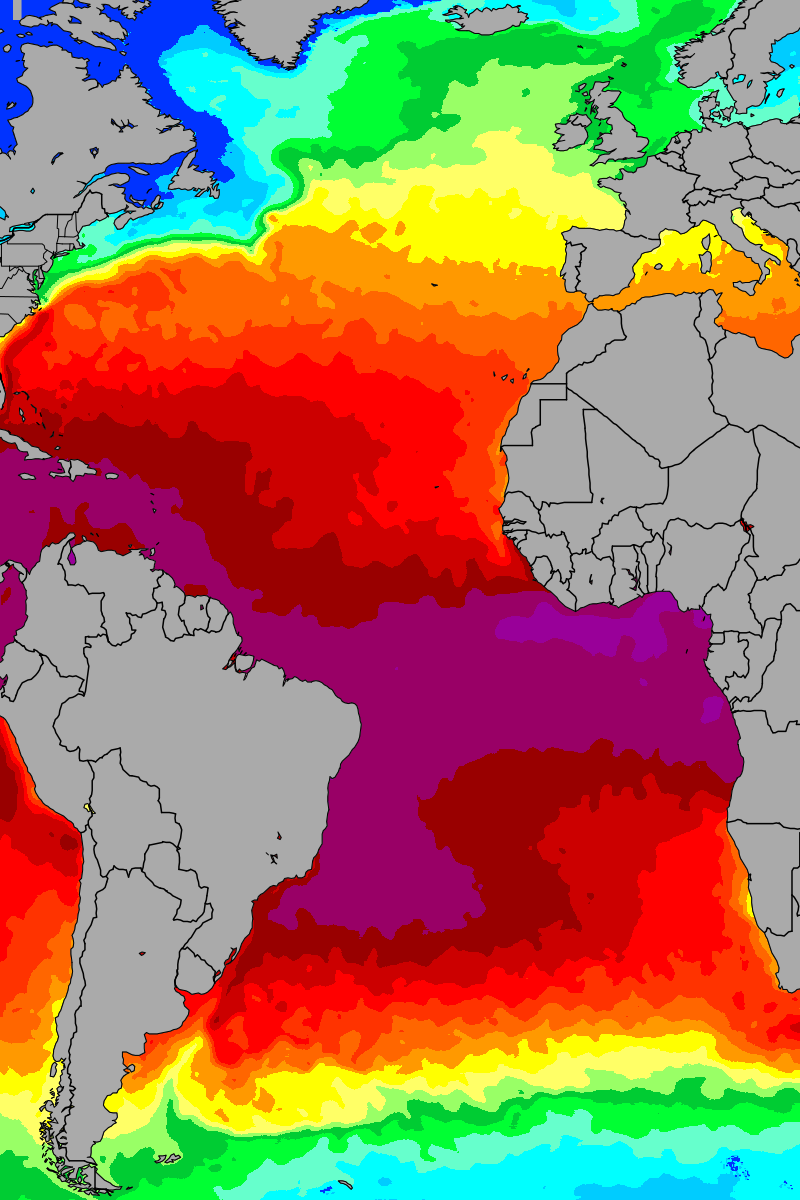 countmap.blogspot.com
countmap.blogspot.com ocean atlantic sea temperatures temperature map current maps
The Atlantic Ocean Is Packed With Storms. What's Going On?
 mashable.com
mashable.com atlantic storms temperatures surface mashable
Stormy Weather On Atlantic Ocean At Sunset. Sea Wave. Overcast Stock Image - Image Of Coast
 www.dreamstime.com
www.dreamstime.com stormy overcast
The Storm Is "blowing Up" In The Atlantic Ocean, But It's Just A Bit Too Far To The East For
 www.pinterest.com
www.pinterest.com ocean atlantic
Stormy Weather, Atlantic Ocean Stock Image - Image Of Atlantic, Cloud: 7276127
 www.dreamstime.com
www.dreamstime.com ocean atlantic stormy weather preview
Intense Storm Over Northeastern North Atlantic - Ocean Weather Services BlogOcean Weather
atlantic north forecast northeastern intense storm over weather ocean ww3 noaa wave tuesday model
Atlantic Ocean Water Temperature Map
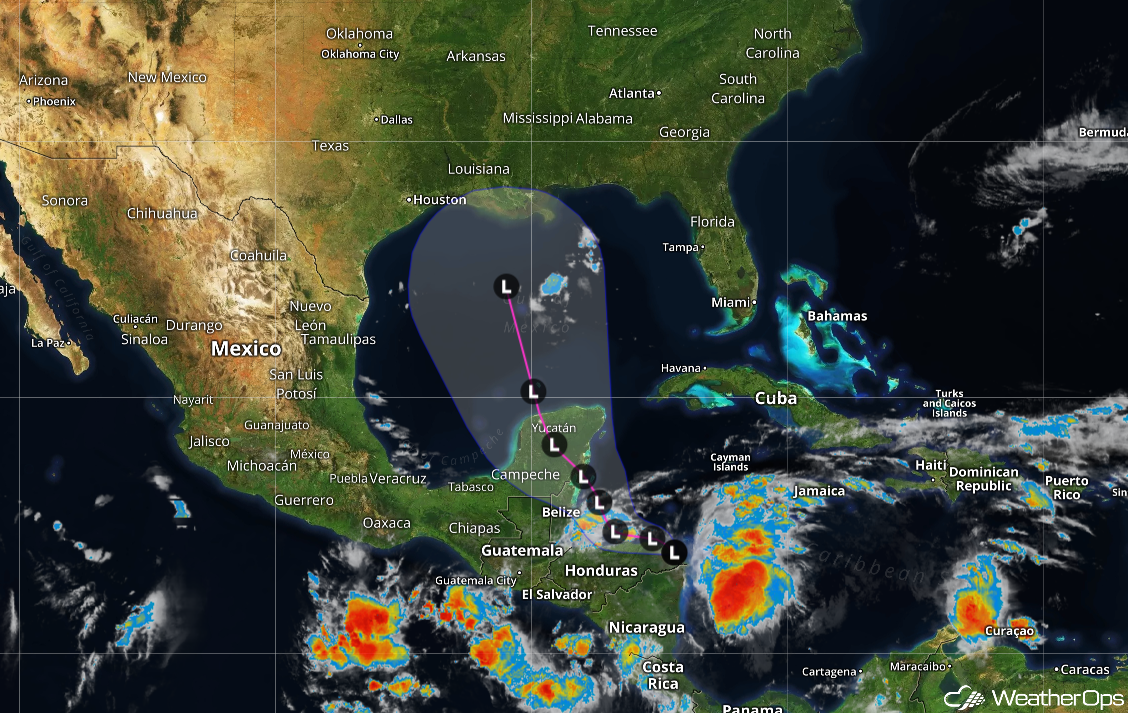 mapingonlinesource.blogspot.com
mapingonlinesource.blogspot.com temperature water atlantic ocean map affect tropical systems does
Pin On Climate Change And Environment
 www.pinterest.com
www.pinterest.com cold atlantic ocean weather europe affect blob accuweather north climate eastern msn
Atlantic Ocean Temperatures At End Of June 2009 : Image Of The Day
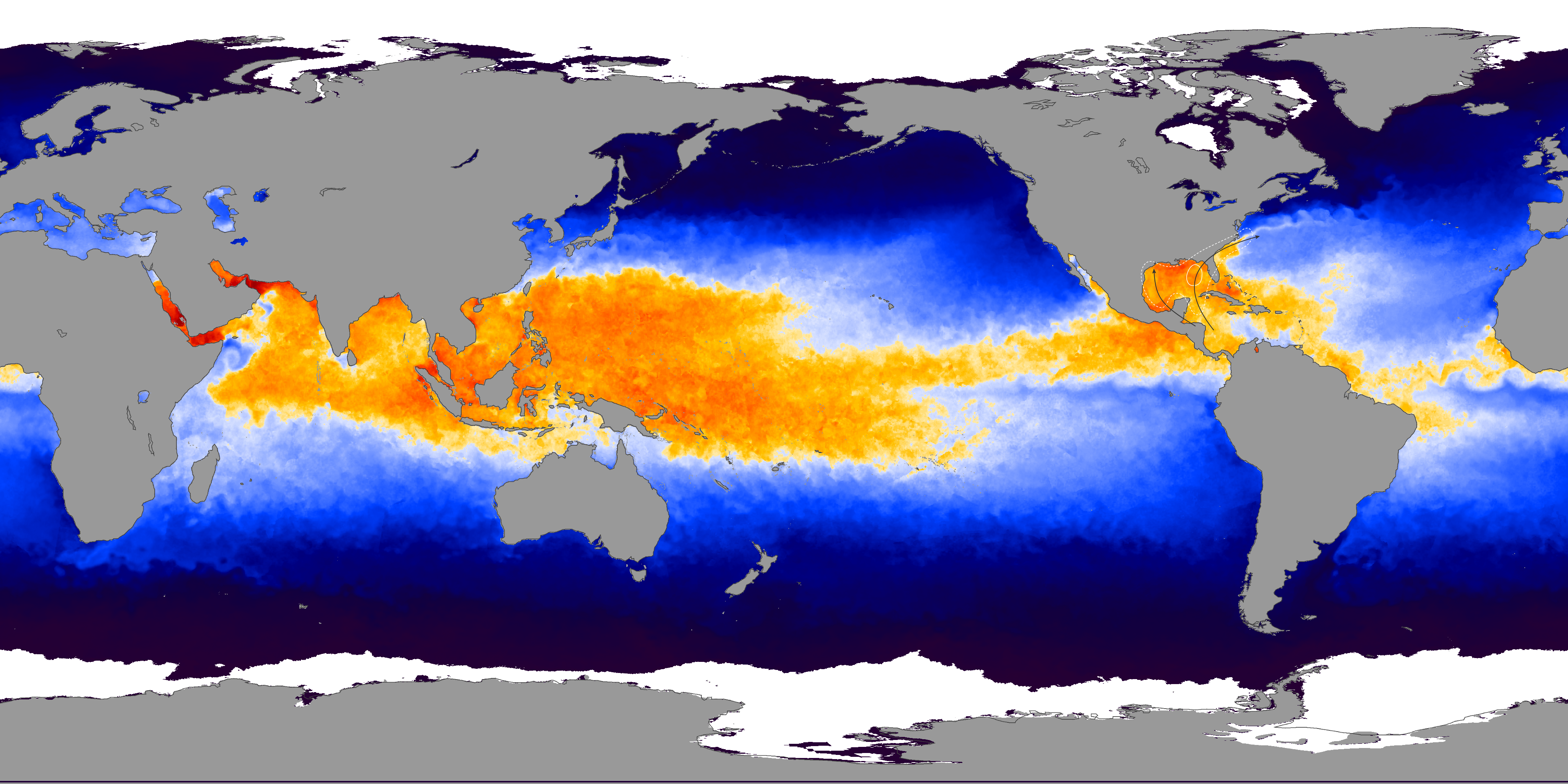 earthobservatory.nasa.gov
earthobservatory.nasa.gov temperatures acquired
Bad Weather Condition At Atlantic Ocean - YouTube
 www.youtube.com
www.youtube.com "This Image Was Taken During January Of 2019 - When A Large Atlantic Weather System Hit The West
 www.pinterest.com
www.pinterest.com Pin On Galacticconnection
 www.pinterest.com
www.pinterest.com iflscience
Atlantic Ocean Weather Forecast: Gale Warnings In Effect – Weather Updates 24/7 By Meteorologist
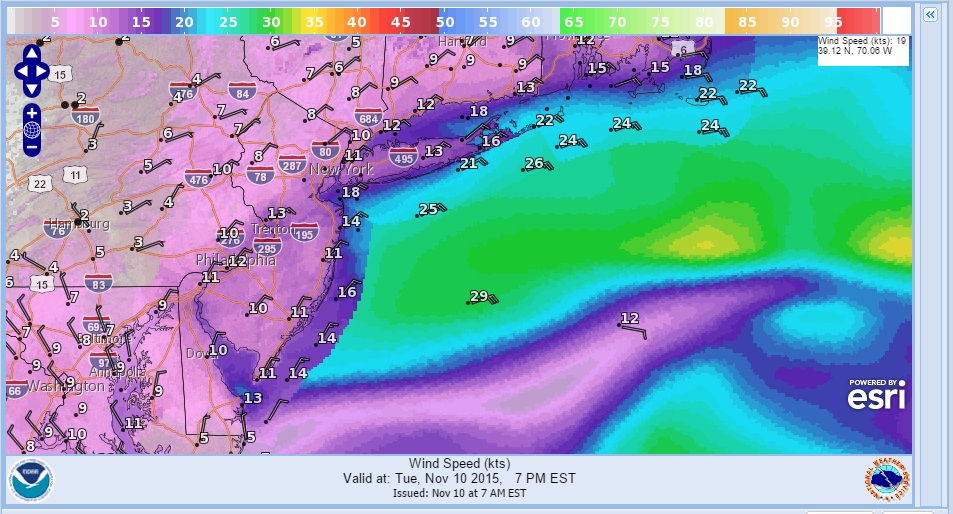 www.meteorologistjoecioffi.com
www.meteorologistjoecioffi.com gale warnings
Tropical Depression Six Forms In The Eastern Atlantic Ocean | The Weather Channel
 www.weather.com
www.weather.com atlantic
2:15 PM | *Atlantic Ocean Showing Early Signs Of A Significant Long-term Shift In Temperatures
 www.perspectaweather.com
www.perspectaweather.com ocean atlantic temperature significant shift temperatures term warm cold showing signs long pm early surface sea weather represented normal
NASA - Top Story - SATELLITES RECORD WEAKENING NORTH ATLANTIC CURRENT - April 15, 2004
atlantic north ocean current nasa temperatures sea impact surface temperature climate satellites weakening record gov
Intense Storm Forecast Over Northeastern North Atlantic - Ocean Weather ServicesOcean Weather
forecast atlantic intense northeastern storm north over weather ocean 00z noaa opc surface dec
Atlantic Ocean Currents Weaken, Signalling Big Weather Changes - Study | World News | US News
usnews
Pressure Changes In The North Atlantic Start A Strong Ocean Warming Event, With Known Historical
 www.severe-weather.eu
www.severe-weather.eu ocean oceanic
Atlantic Ocean Overturning Found To Slow Down Already Today
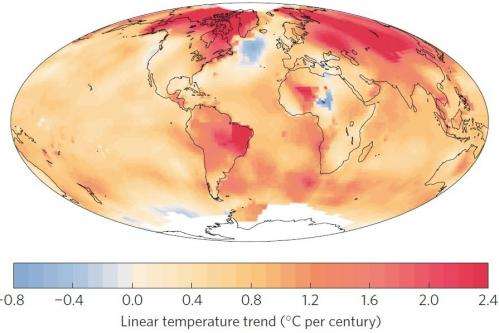 phys.org
phys.org ocean atlantic water ice melting circulation overturning stream gulf amoc greenland climate rahmstorf slowing than change temperature down surface faster
Atlantic Ocean Slows Global Warming, But Scientists Believe Hiatus Will End Around 2030 | CBC News
 www.cbc.ca
www.cbc.ca atlantic ocean warming hiatus scientists believe global slows 2030 end around but cbc
New Tropical Depression Forms In An Active East Atlantic Ocean | The Weather Channel
 weather.com
weather.com SHOCK WEATHER WARNING: Britain Faces Coldest Winter In 50 YEARS And MONTHS Of Heavy Snow
 www.express.co.uk
www.express.co.uk winter weather snow coldest forecast express discovery channel heavy months years
Environmental Monitor | Ocean Weather Model Provides Atlantic Forecasts
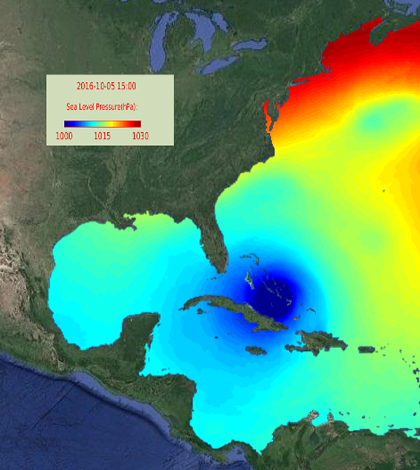 www.fondriest.com
www.fondriest.com weather ocean atlantic forecasts provides model
Atlantic north ocean current nasa temperatures sea impact surface temperature climate satellites weakening record gov. Pin on galacticconnection. Pressure changes in the north atlantic start a strong ocean warming event, with known historical
Comments
Post a Comment